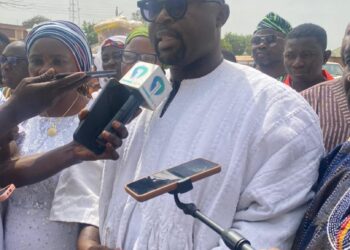Green for Change Ghana has successfully held a stakeholder engagement workshop in Damongo, in the Savannah Region, to spotlight their ambitious scientific research initiative, Addressing Behavioral Barriers Associated with Tree Planting (ABBAT).
This event brought together key stakeholders in landscape restoration and ecosystem management, including participants from research institutions, academic circles, NGOs, local community members, and environmental enthusiasts from the project’s beneficiary districts.
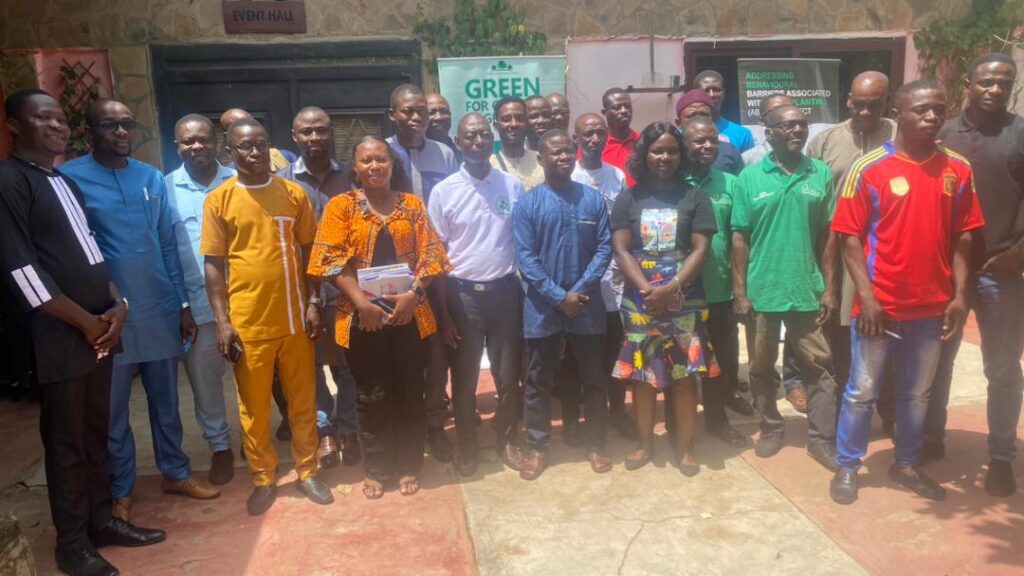
The workshop’s primary goals was to raise awareness about the ABBAT project, present key findings from the baseline study, and outline the main activities and interventions planned for both the control and treatment districts involved in the project.
The baseline study provided valuable insights into the current landscape and identified behavioral challenges associated with tree planting.
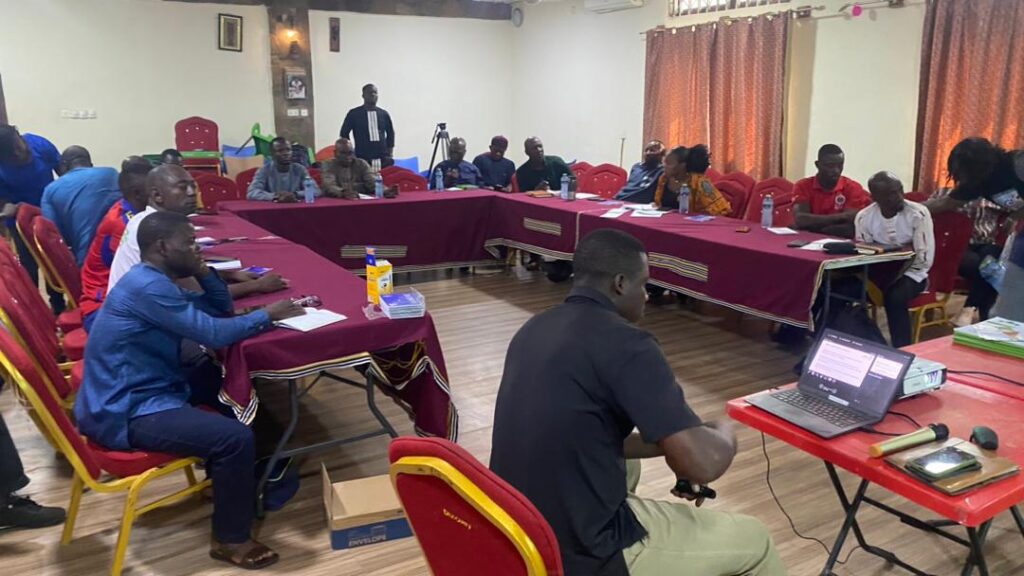
Green for Change Ghana, an environmental NGO dedicated to promoting sustainable environmental practices and community resilience, organized the event aimed at enhancing the sustainable management of ecological habitats while empowering communities to adapt to climate change.
Mr. John Balankoo Sumbo, the Executive Director of Green for Change Ghana, in an exclusive interview with this source expressed his delight at the turnout and emphasized the workshop’s significance. “We are here to raise awareness about our ABBAT project, share findings from our baseline study, and outline planned activities and interventions to be implemented in both control and treatment districts involved in the project.
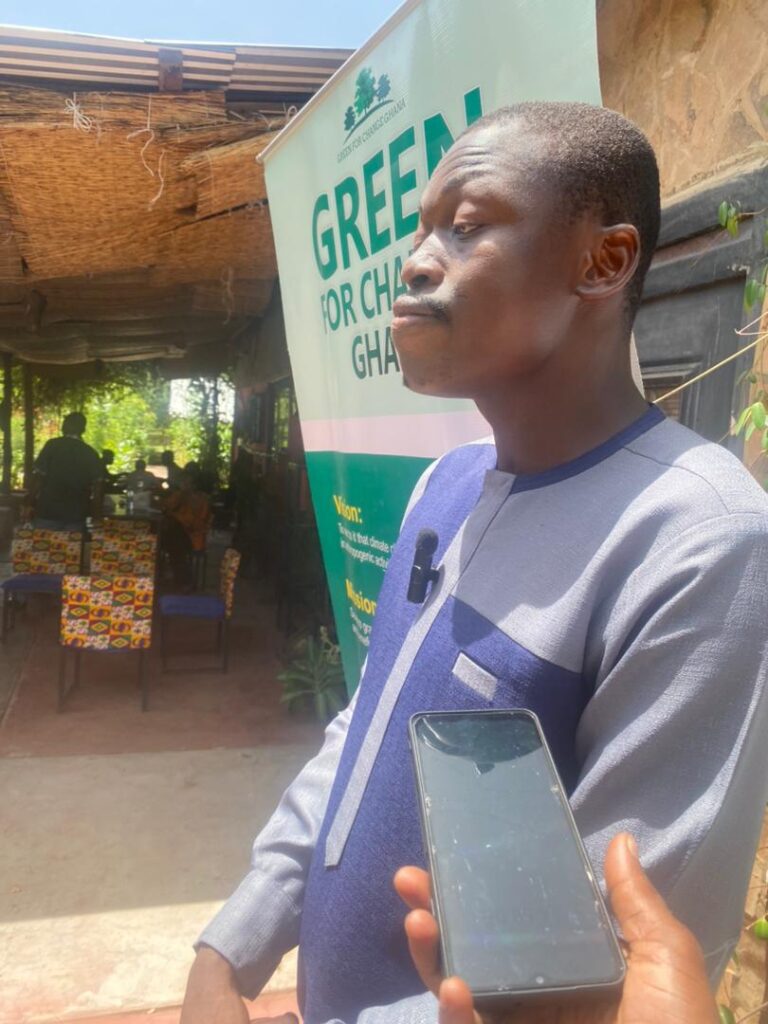
The project also aims to explore the psychosocial and cultural barriers to tree planting and forest conservation within the Mole Landscape and develop effective strategies to overcome these challenges,” he stated.
Mr. Sumbo explained that the ABBAT project is a collaborative effort between Green for Change Ghana and Ranas (a Switzerland-based company specializing in behavior change) and focuses on promoting effective tree planting, nurturing, and protection in the fringe communities of the Mole ecological landscape.
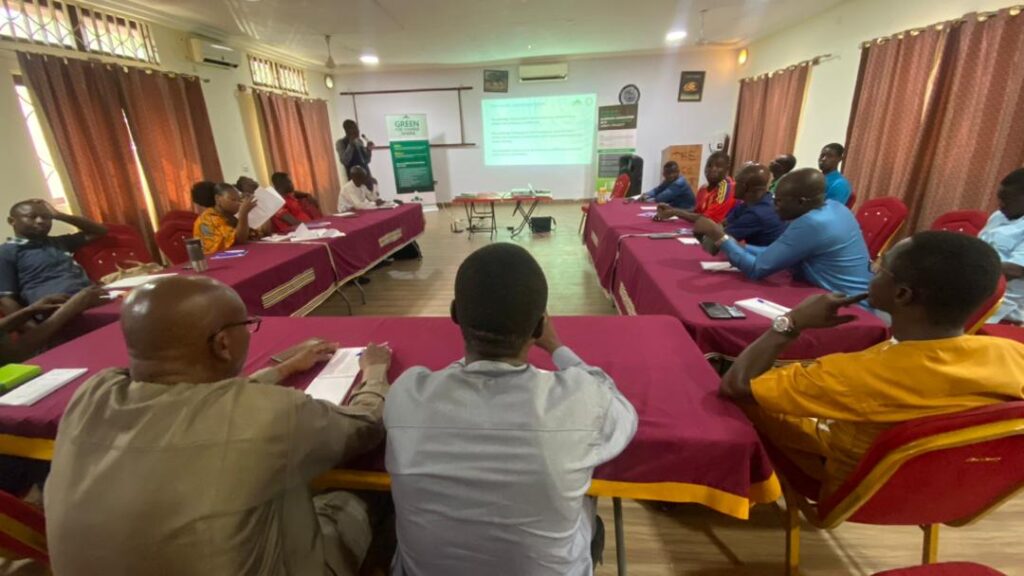
He indicated that the project aims to integrate various behavior change techniques (BCTs) into the tree planting, nurturing, and protection process, evaluating their effectiveness in achieving higher success and survival rates.
According to him, the project will distribute one-acre planting materials, consisting of 40 seedlings each, to 1,500 beneficiaries to plant in an agroforestry system and conduct a series of training sessions on best practices in tree planting, nurturing, and orchard maintenance and management.
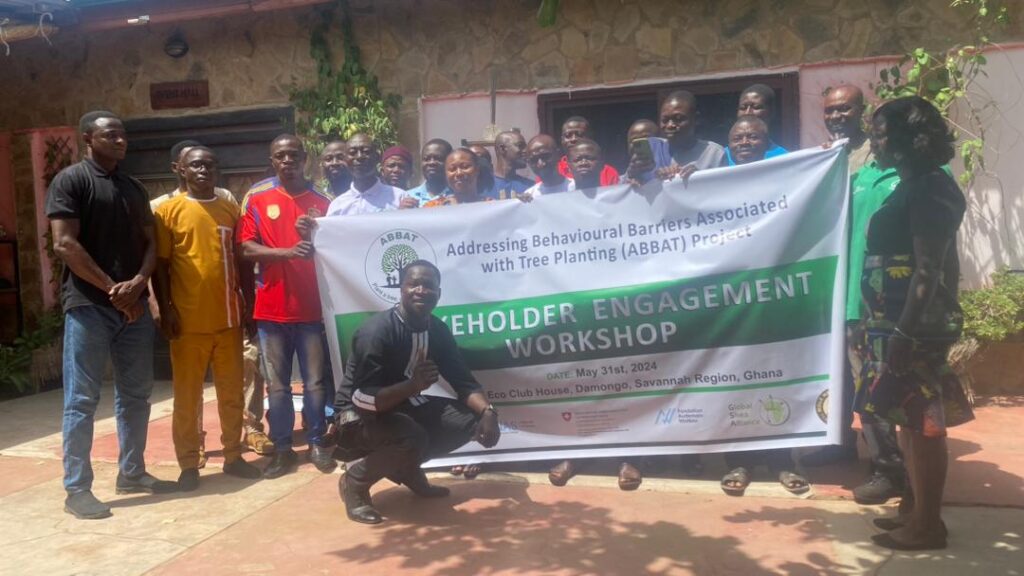
The project spans three districts: West Gonja Municipality and Sawla/Tuna/Kalba in the Savannah Region (treatment districts), and Wa East in the Upper West Region (control district) with Funding support from the Swiss Development Cooperation (SDC) and the Audemars Watkins Foundation (AWF).
Mr. Sumbo disclosed that ABBAT began in August 2022 and will continue until December 2025, with ongoing efforts to secure co-funding for evaluation and upscaling.
He highlighted that the stakeholder engagement discussions aimed to gather feedback from stakeholders to enhance the project’s success and sustainability.
He thanked the attendees, underscoring the importance of their participation in achieving the project’s goals. “Together, we can make a significant impact on our environment and create a sustainable future for our communities,” he said.
The workshop promises to foster meaningful dialogue and collaboration, essential for the success of the ABBAT project and the broader goals of landscape restoration and community empowerment.
Source: Padfm.com.gh/Kumatey Gorden/0243531604
















